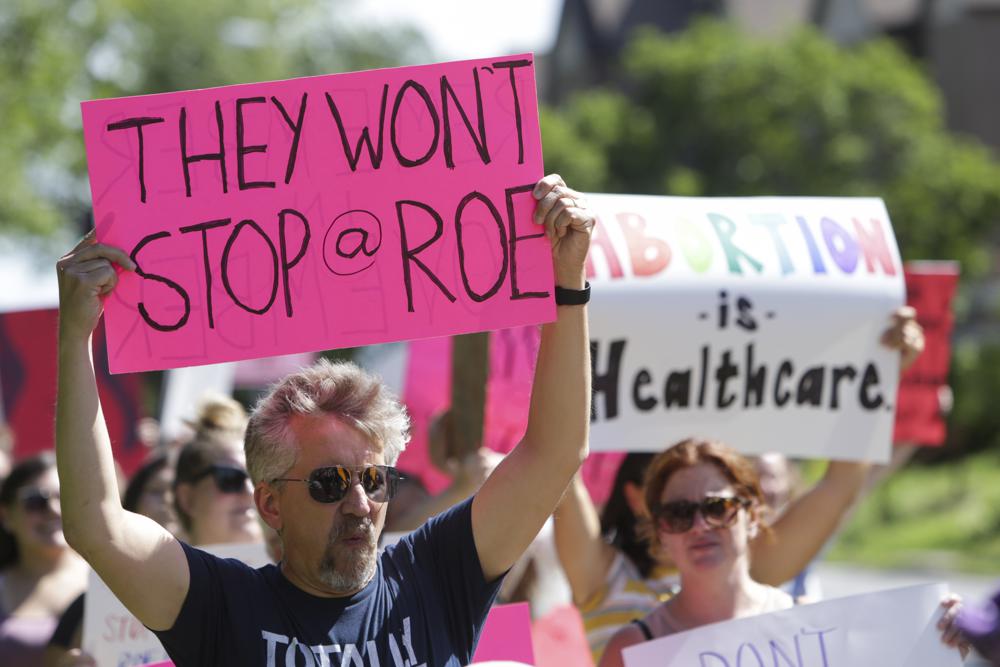Speaking at an event Monday, Mississippi Republican state lawmakers were divided in their support of new policies to improve health care outcomes for children and new parents.
At a 4th of July Festival in northeast Mississippi, some lawmakers remained unsupportive of extending postpartum Medicaid coverage for mothers, The Northeast Mississippi Daily Journal reported.
Rep. Bubba Carpenter, a Republican from Burnsville, said that expanding Medicaid coverage for new mothers would be a “slippery slope” because it is one step closer to a broader expansion of the program. With the Children’s Health Insurance Program and two months of Medicaid coverage for mothers, lawmakers are “doing enough,” Carpenter said.
Medicaid, which provides health care coverage to low-income people, is funded through a mix of federal and state dollars. The state’s current Medicaid policy allows eligible mothers who have given birth coverage for 60 days.
Mississippi State Department of Health data found that 136 Mississippi mothers died either during pregnancy or within one year of their pregnancy’s end between 2013 and 2016. Of those deaths, 86% of them occurred postpartum.
Recent legislative efforts to extend postpartum Medicaid coverage failed in Mississippi, a state with high infant and maternal mortality rates. Republicans hold majorities in both chambers of the legislature.
Rep. Nick Bain, a Republican of Corinth, said the Supreme Court’s decision to overturn the landmark Roe v. Wade decision that made abortion legal in the United States would be a test for anti-abortion lawmakers.
“By promoting life, we have to sustain life,” said Bain. “It’s up to us now to put our money where our mouth is.”
In a statement responding to the Supreme Court’s decision, Mississippi Attorney General Lynn Fitch wrote that lawmakers should “weave a safety net that helps women in challenging circumstances.”
When asked about the attorney general’s statement, Rep. Steve Hopkins, a Republican from Southaven, remained unswayed.
“I would not support any government intervention or policies,” Hopkins told The Associated Press in an email. “This is an area for the community and the Church to step up and develop programs to help these women. We are called as Christians to help each other and that’s what we should do, but we should do it in the private sector alone.”
(AP)











